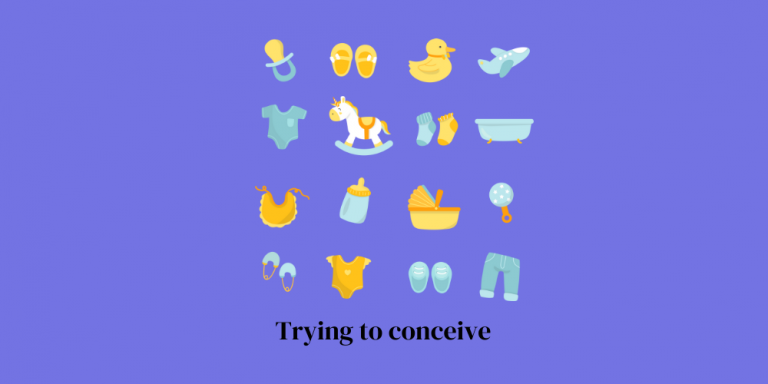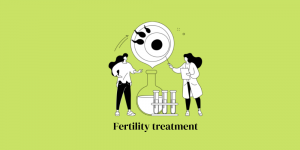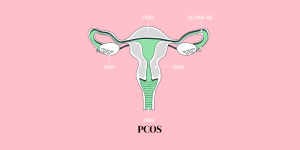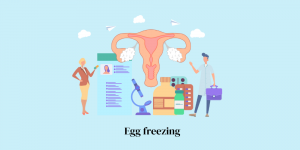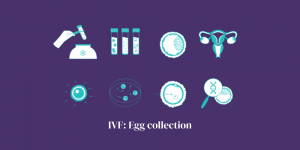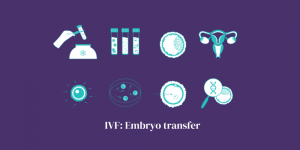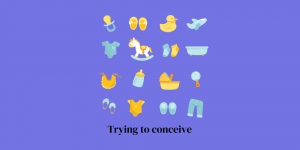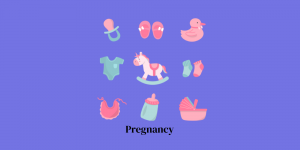We have the best chance of conceiving and having a straightforward pregnancy when we are healthy. We can’t control everything relating to our fertility, but this is one area where you can really take charge. By making healthy diet and lifestyle choices you can maximise your pregnancy potential.
Plan ahead and, where possible, make necessary adjustments well ahead of trying to have a baby.
It can take some time for these changes to take effect. For example, although most men produce millions of new sperm every day, it takes three months for new sperm to fully mature. That means, changes made now won’t make a difference for three months. Planning ahead to optimise fertility is important for both women and men.
The best diet for fertility is not a special “fertility” diet, but largely the same balanced diet recommended for most of us.
Your diet should allow you to achieve or maintain a healthy weight and provide you with all the right nutrients so that, with one or two exceptions, supplements are not required.
A balanced diet includes a variety of foods from each of the main food groups, which over the course of a day will be in the right proportions.
- Fruit and vegetables should make up at least one third of all our food. Most people don’t manage that, but this is the time to make it happen. We should aim for at least five portions a day.
- Starchy carbohydrates such as potatoes, pasta, rice and bread should make up a similarly large portion of what we eat. Choose wholegrain options to ensure that you get the necessary fibre and nutrients as well as energy. Wholegrain forms of carbohydrates have less dramatic effects on blood sugar and are therefore better choices for those with PCOS and diabetes.
- Dairy products (or dairy alternatives) should make up a more modest portion of our food, but they are important for both protein and calcium and some B vitamins. Aim for three portions per day. A portion could be a cup of milk or yoghurt, 45g (or about 1.5 oz) of cheese, half a cup of cottage cheese or ice cream.
- Meat, fish, beans and pulses provide protein, vitamins and minerals. Fish is recommended twice per week, one portion of which should be an oily fish such as fresh salmon or tuna. If you are planning a pregnancy, the NHS advice is to limit yourself to two 140g (5 oz) portions of oily fish per week, because of the risk of pollutants.
- We also need a small quantity of fat in our diet but extra fat will be stored in the body and increases your risk of developing cardiovascular disease.
Women should be cautious about eating seafood. Some contains mercury which, in high concentrations, has been linked to fertility problems. Avoid eating shark, marlin and swordfish completely. Tuna should also be limited to four 140g (5 oz) cans per week, because it contains more mercury than most fish.
Check that you are not short of iron: meat is a good source but dark leafy vegetables, pulses, beans, wholegrains (such as brown rice), dried fruits and fortified cereals all contain iron too.
A balanced diet should make vitamin supplements unnecessary. However, vitamin D may be an exception, especially during the darker winter months when limited sunlight reduces the body’s natural production of this vitamin. Adults, including pregnant women, are advised to consider taking a supplement at these times. Be careful not to take too much, 10 mcg a day is the right amount for most people.
For most men a balanced diet should provide the range and combination of vitamins and minerals required for sperm generation. Vegetarians might be especially advised to ensure they include a range of fruits, vegetables, seeds, nuts and pulses. However, there is some evidence that taking antioxidant vitamin and mineral supplements may be useful for men when conception is taking longer than usual.

